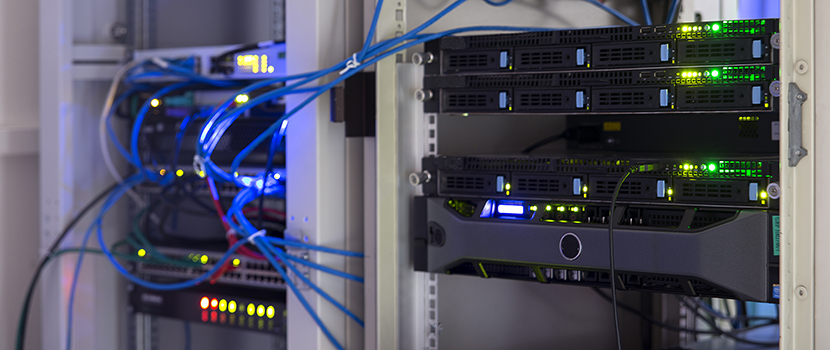
Department of Informatics
Department webpage: http://ki.ujep.cz/
Contacts
RNDr. Jiří Škvor, Ph.D.
Head of the Department
Room: CN‐516 (České mládeže 8, a new building, 5th floor)
Phone: +420 475 28 3901
Bc. Eva Heřmanová
Administrative Officer
Room: CN‐517 (České mládeže 8, a new building, 5th floor)
Phone: +420 475 28 3909
The mission of the Department of Informatics is to strengthen the competitiveness of Ústí region in the field of the most modern information technologies and we manage that by educating a new generation of IT professionals and actively working with the key companies in the region.
The education activity of the Department is focused on guaranteeing the practical preparation of IT specialists in bachelor’s degree programs. We provide two bachelor’s degree programs. Applied Informatics with the study program Information systems in full-time and combined form. And Informatics with the study program Informatics (double-subject) in the full-time form. The focus of studies is on practical courses in programming, relation databases, computer networks and computer architecture (including an introduction to digital systems). In the Applied Informatics program, you can choose one of two specializations: (i) Programming and software systems, (ii) Hardware and computer networks. Part of the study program are courses focused on the application of IT in the corporate sphere including project management. Students work hand-to-hand with companies on interesting projects and undergo short-time internship. Modern trends along with an easy transition to engineering studies are considered in the theoretical courses we offer. For example, theoretical informatics, theory of graphs or cryptography. Lessons take place in new modern classrooms and laboratories.
The research activity of the department is focused on data science and modeling, i.e. simulation of systems with focus on machine learning, for example, processing of business and biological data using Artificial Intelligence methods, application of parallel and distributed calculations for simulating composite materials at microscopic level, application of computational geometry methods for phase interface detection, usage of Petri nets for simulation of radiobiological processes in medicine and biology or application of computational fluid dynamics to simulate pedestrian movement. The important science activity output of our department is also cooperation with the corporate sphere in the form of contractual research, for example, software design for cooperation with autonomous systems and cloud services of artificial intelligence or IT infrastructure security testing.